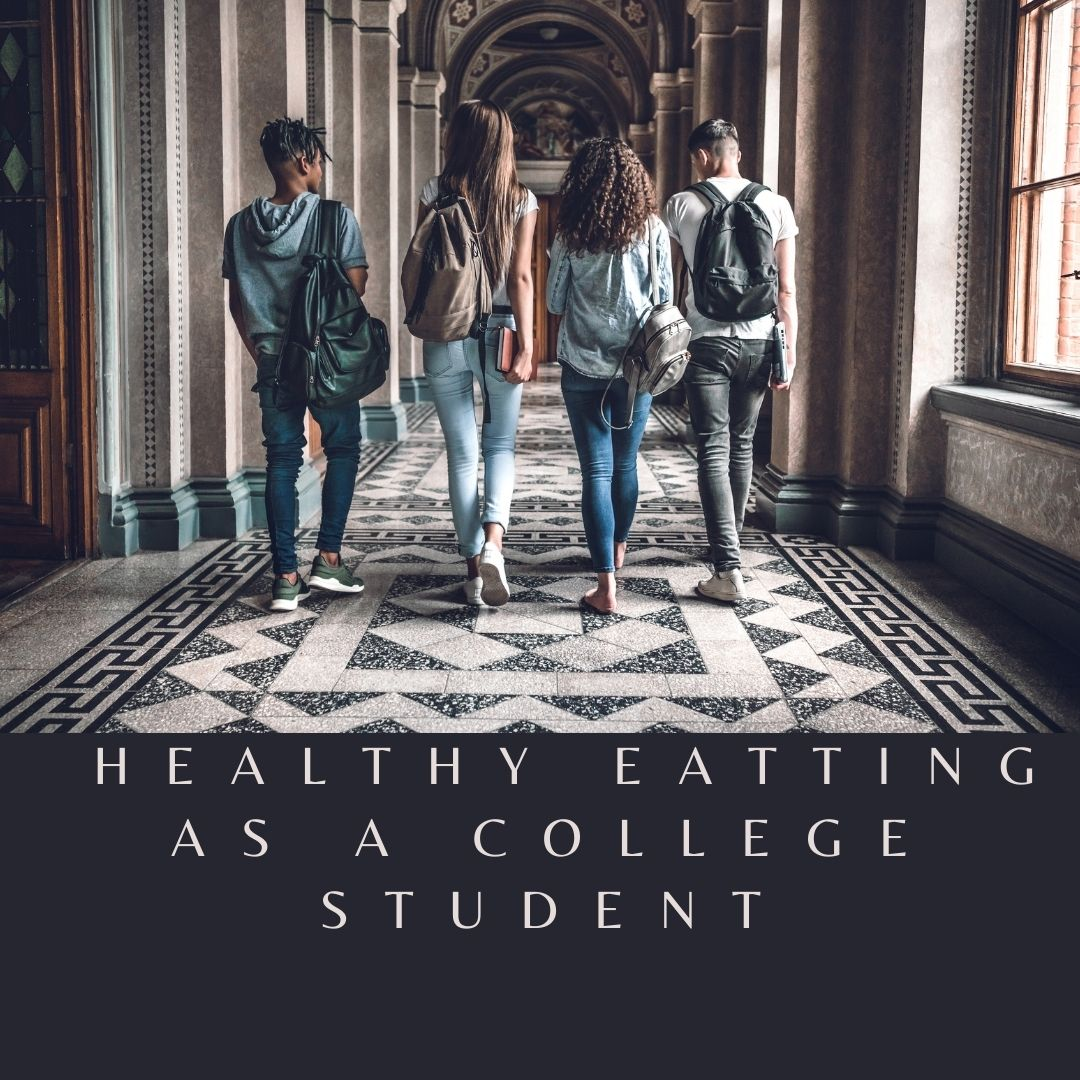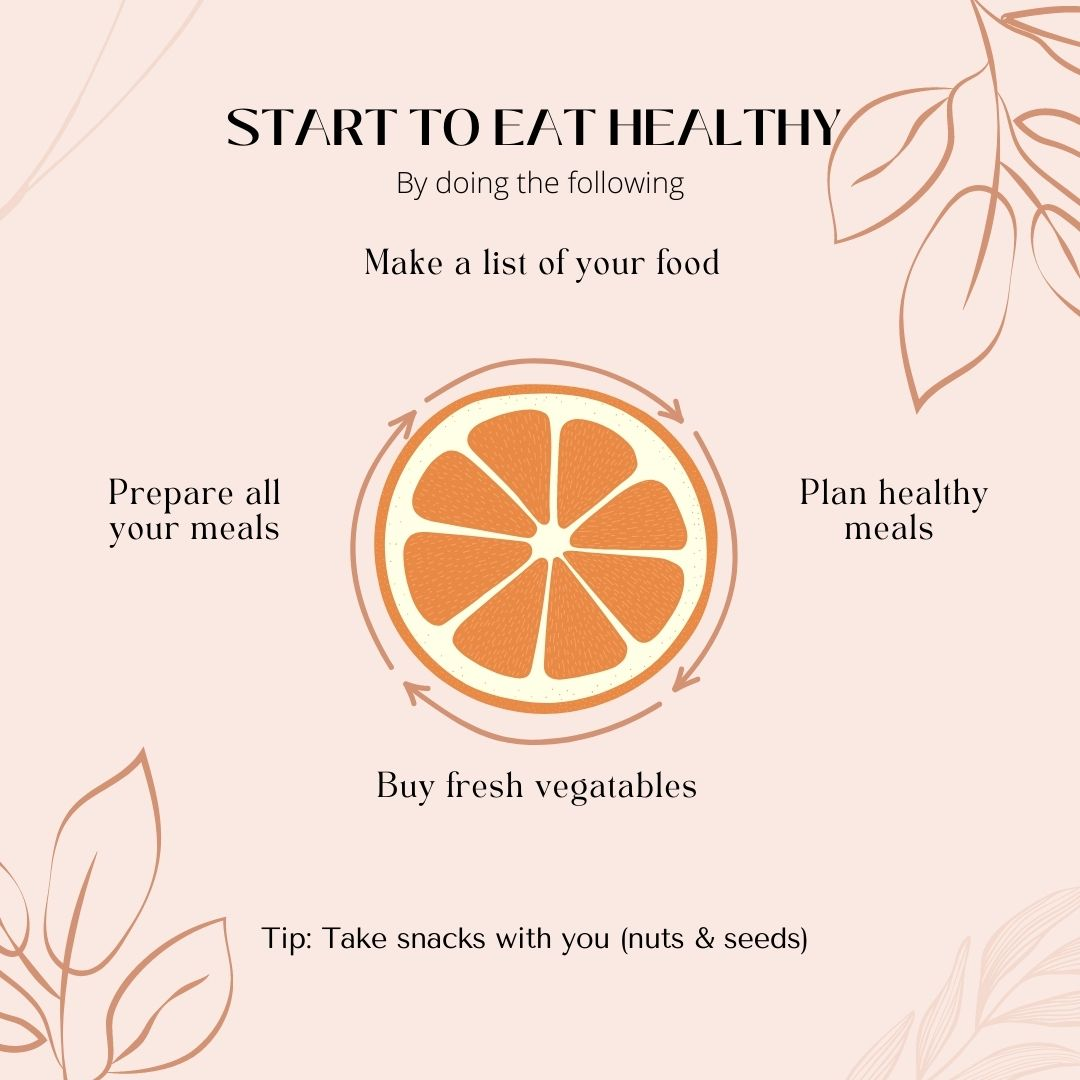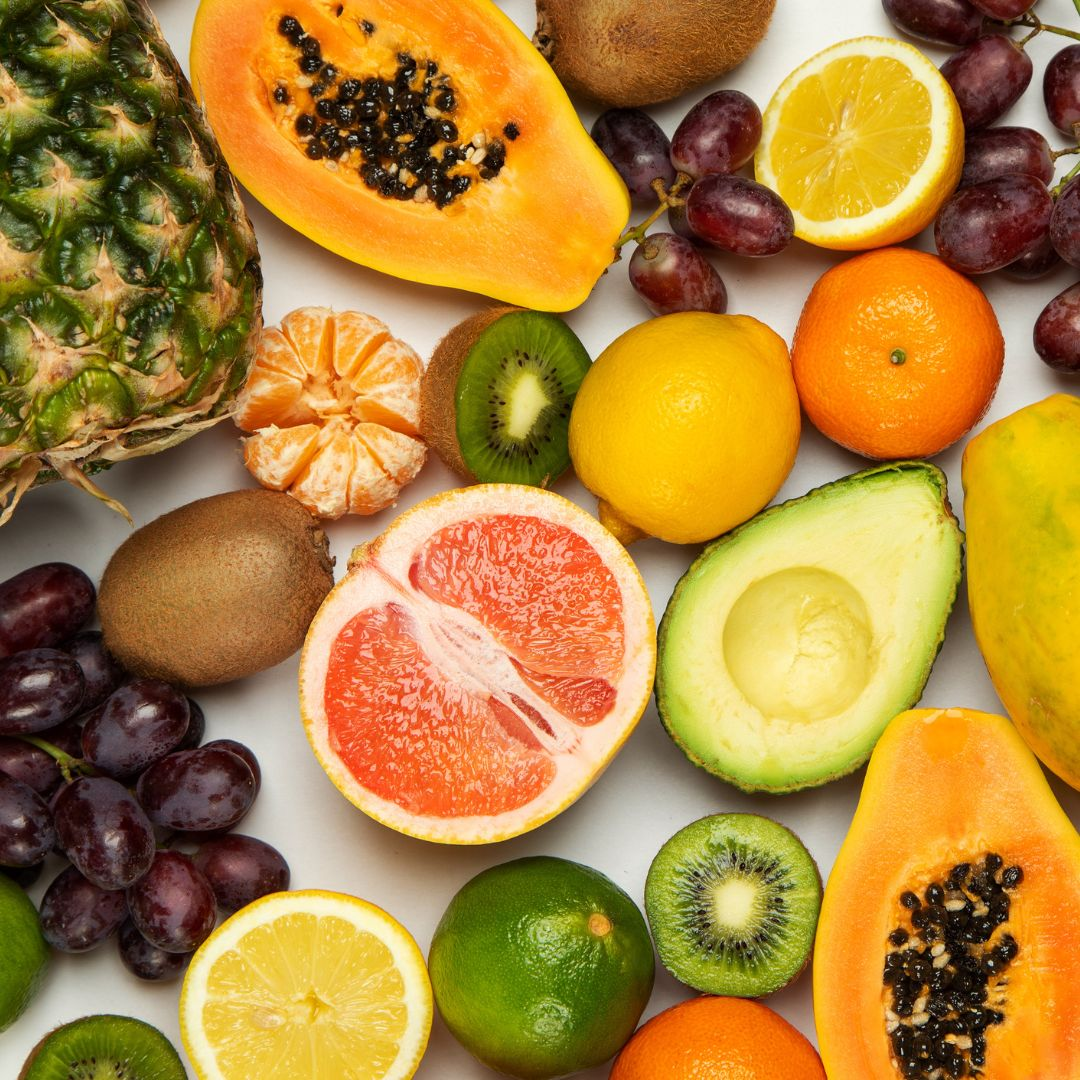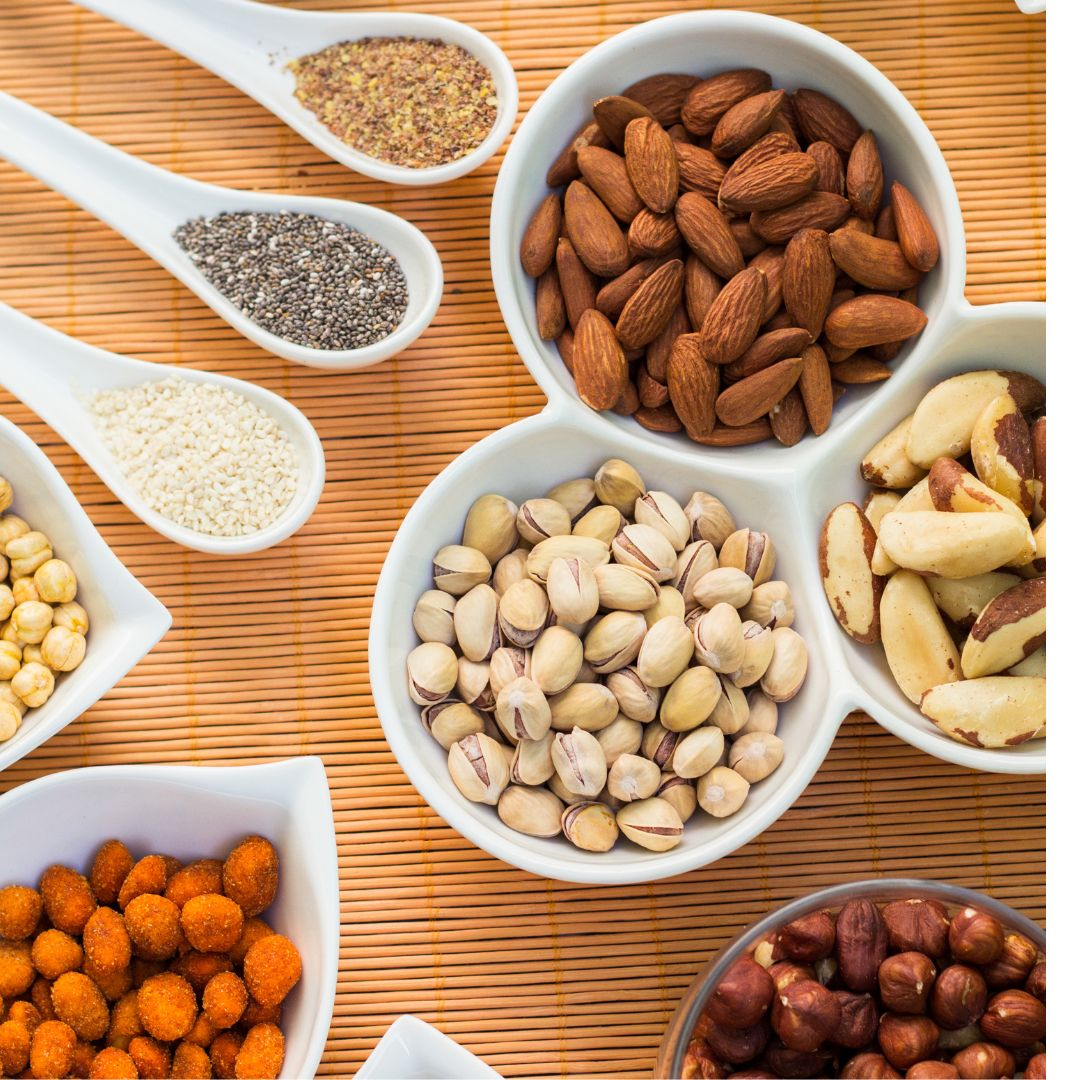Food is an essential component of life and it can provide fuel for our body to carry out our daily activities. We should be mindful of the quality of the food we take in because not all kinds of food can meet our daily requirements to help keep us going throughout the day.
There may also be personal factors which can keep us from meeting recommended nutritional requirements. Factors like food allergies, religious background and traditions, or the presence of certain medical or health conditions may keep you from eating specific food groups.
Many people are under the assumption that all fats are bad for the body or that certain food items can be used therapeutically to treat certain medical conditions. While some of these beliefs hold true, others need further evidence to be credible. One thing’s for certain, a lot of our ieas of food have been influenced by sophisticated advertisements employed by different food companies and brands - a food myth.
Food myths can come from poorly justified nutritional concepts and may even contradict existing scientific evidence. This is dangerous because individuals may interpret a food myth as the truth. Knowledge of nutrition is important to tackle misinformation and to be able to promote adequate food choices. But where to begin?
The food we eat is made up of specific groups of molecules that are arranged in a specific manner. This arrangement of specific molecules forms our basis for classifying nutrients (Macronutrients, micronutrients) and non-nutrients.
Chen and colleagues (2018) provided a comprehensive discussion on nutrients and how they are metabolized in the body. Before we go any further, we should familiarize ourselves with different nutrition-related terms.
- Macronutrients include carbohydrates, proteins, and fats, and are typically needed in large amounts. They are the main building blocks used by our cells and serve as a source of energy.
- Micronutrients include vitamins and minerals and are only required in small amounts for us to be able to function properly. Insufficient intake of micronutrients leads to Micronutrient deficiency and symptoms can manifest as abnormalities involving the skin, hair, and nails. The deficiency can be corrected through supplementation of the diet.
- Non-nutrients are those that cannot be categorized as either macronutrient or micronutrient. They can be beneficial (fiber, antioxidants), non-beneficial (food additives and preservatives), or even toxic (antibiotics, for example).
Through the process of digestion, the body breaks down food into these different nutrient groups before they are distributed as energy to different parts of our body. This energy is measured in units called Calories and excessive amounts of Calories are stored as body fat.
The USDA provides a Dietary Guideline for us to refer to in order to help us plan our food intake. This is important if we are trying to reach or maintain specific health goals, but what if your circumstance does not allow you to follow the guidelines?
College students are among the groups of people who may it difficult to follow dietary guidelines. Apart from difficulties associated with your college program, your GPA standing and which part of the academic term you are in can also keep you from eating healthy.
So what makes a meal healthy? Is it the total amount of calories consumed in a meal? Is it the nutritional value we get from specific food groups?
Based on the USDA Dietary Guidelines, this is a mix of different factors. Eating healthy can be accomplished by following a dietary pattern that is age appropriate. You can enjoy nutrient-dense food and beverages and tailor your diet to fit your personal preference and your budget . Most of all, it helps to focus on meeting food group needs with nutrient-dense foods and beverages that stay within calorie limits.
In particular, the Dietary Guidelines specified the following core elements that make up a healthy dietary pattern:
- Vegetables of all types - dark green; red and orange; beans, peas, and lentils; starchy; and other vegetables.
- Fruits, especially whole fruit.
- Grains, at least half of which are whole grain.
- Dairy, including fat-free or low-fat milk, yogurt, and cheese, and/or lactose-free versions and fortified soy beverages and yogurt as alternatives.
- Protein foods, including lean meats, poultry, and eggs; seafood; beans, peas, and lentils; and nuts, seeds, and soy products.
- Oils, including vegetable oils and oils in food, such as seafood and nuts.
The Guidelines also specified putting a limit on the intake of foods and beverages with higher amounts of added sugars, saturated fat, and sodium, and limiting alcoholic beverages. Specifically:
- Added sugars - Less than 10 percent of calories per day.
- Saturated fat - Less than 10 percent of calories per day.
- Sodium - Less than 2,300 milligrams per day.
- Alcoholic beverages - Adults within the legal drinking age can choose not to drink, or to drink in moderation by limiting intake to 2 drinks or less in a day for men and 1 drink or less in a day for women when alcohol is consumed. Drinking less is better for your health than drinking more. Some adults should not drink alcohol, such as women who are pregnant.
While having a clear guide to help you plan your meals is helpful, college students may still struggle to meet these dietary requirements. In this article, we will describe factors that affect eating behavior in college students and how you can start and develop a habit of eating healthy food options.
Factors that Affect the Eating Behavior of College Students

In a study conducted by Abraham et al., (2018) they found that college students are knowledgeable that certain food items (fast food, soda, and processed food) are unhealthy. The study indicated that college students share a strong agreement with keeping themselves hydrated and that personal taste preferences and convenience are the main drivers behind their food choices.
Personal taste understandably plays a role in influencing our food choices, while convenience may stem from the busy schedules college students have during their degree programs. Tight deadlines, big projects, or simply being in a crucial stage of their academic life can also influence a college student’s food habits.
A tight budget and the social environment college students are exposed to can also influence their food intake. A quick snack with potato chips and chocolate bars might be good for a while, but if it becomes a consistent part of your eat-outs with your circle of friends in college, then it becomes a problem.
With the current pandemic, however, food choices by college students have dramatically changed compared to when they were on campus. Powell et al., (2021) reported that many students described changes in the foods they ate and the amount they consumed, and reported an increase in snacking behaviors. The food choice of the students was influenced by the available food items in the household and established household roles within the family.
A study by Davitt and colleagues (2021) found that if you were staying with your parents or a guardian during the pandemic, you are less likely to experience food insecurity and had lower stress and more time to cook meals at home.
In contrast, if you are a college student living on your own, you had higher rates of food insecurity, greater stress, and poorer health status. If you are a working student, your work hours in addition to your studies can impact your food choices along with your health –you may find yourself in an unhealthy eating situation
Start Eating Healthy by Doing the Following

Assess and List Down the Food You Are Currently Eating
You cannot start planning a healthy diet without being aware of your current eating habits. Not only should you list down the food items you’re currently eating, but try to be as detailed as possible. Take not of how much you consume and when you are eat these food items.
If you want to start forming a health goal before aiming to adjust your diet, you can try to determine your current weight and set an ideal Body Mass Index (BMI) target. Though weight goals are influenced by a lot of factors, having the mindset to reach a specific weight range should motivate you to start eating healthy.
Planning Healthy Meals
To help you plan healthy meals, consider making a MyPlate Plan. This is a government-initiated program that will curate what and how much to eat within your calorie allowance based on your - age, sex, height, weight, and physical activity level.
It will help you figure out how many calories you need each day and it will show you food group targets. MyPlate is also available on mobile and among its features, is to help you save on shopping for food items in your area and discover different ways to prepare budget-friendly food.
Additionally, upon shopping, you should consider reading food labels and the ingredients of certain food items. If you are unsure of specific food items you pick up while shopping, you can try to look for them in FDA’s database to see if they meet health standards.
Making a List
After creating a meal plan, listing the ingredients required to cook a certain recipe will save you time on shopping and meal preparation. Saving time can also be good for you if you are commuting to grocery stores and it allows you more time for other personal tasks.
Preparing Meals
Meal planning involves home meal preparation and has been linked with improved diet quality. Get experimental and try different recipes you have never tasted before and those that require longer preparation. Food that requires longer preparation like cured meat or fermented food can enhance the way food tastes.
Practicing Mindful Eating
Mindful eating is paying attention to your food, on purpose, moment by moment, without judgment (Nelson, 2017). It approaches food with a focus on individuals’ sensual awareness of the food and their experience with the food. It is more liberating in that it does not prioritize measuring calories or macronutrient intake. You can maximize this approach by incorporating those scientific concepts.
If you have set out a goal and are preparing to cook specific recipes. You have to remember that
When You Eat is Also Important!

It is a common idea that the daily food intake should be divided into three square meals: breakfast, lunch, and dinner. Some dieticians even add two snacks to these traditional meals and the mainstream media message that the public perceives because of this is to eat “five to six times a day”. If the quality of food is bad, ingesting more of it can lead to weight gain and obesity - the latter associated with cardiovascular health risks.
Manoogian et al., (2019) specified that if you are following the 3 meal-timing habits, you should do the following to aim for good health:
- A consistent daily eating duration of fewer than 12 hours per day
- Eating most calories in the earlier part of the day, and
- Avoid food intake close to bedtime, while sleeping, or very early morning, when melatonin levels are high.
If you are currently overweight the better option for you might be to practice fasting. If you think about it, cultures throughout the world share fasting among their religious practices. From a scientific point of view, fasting will utilize stored energy in the body, And we mentioned earlier, these are fats.
Before pick a diet plan, a weight loss or gain program, or intaking particular food items, always ask for expert advice and consult with your healthcare provider to plan what is best for you to maximize the health benefits of any health and wellness initiatives you want to take.
As a college student, this means is aside from improving the quality of your life, it also benefits your school performance! For example, across 42 countries, a higher frequency of healthy eating habits correlates to higher perceived school performance in both male and female adolescents (Lopez-Gil et al., 2022).
The same study specified that a higher frequency of fruit and vegetable consumption, lower frequency of sweets and sweet beverage consumption, more frequent breakfast consumption, and more frequent family meals were more helpful in having a higher academic performance. In addition, having breakfast regularly on weekends and the frequency of family dinner were associated with better school performance in respondents!
Conclusion

College life is full of stressors from both academic and extra-curricular activities, so you might be forced to eat out of convenience. What you eat may not be ideal and as a student, you will be affected by the effects of poor eating habits.
As a college student, your situation may not be ideal in allowing you to meet the recommended nutritional guidelines set by USDA. Forming personal goals to eat healthily and motivating yourself to reach these goals will also benefit your school performance!
Remember, the food you eat affects the quality of your overall health. Having a healthy meal does not only provide benefits to physical health but also your mental well-being. This benefit to your mental health contributes to long-term well-being. Enhanced brain function and having an alert mind are beneficial to help you achieve a high GPA. GPA which can influence your career aspirations in the future!
Frequently Asked Questions (FAQS)
What is a good way to curve emotional eating?
There are a few things you can do to curve emotional eating. Identifying your triggers is a good place to start. Once you know what situations or emotions trigger your emotional eating, you can begin to work on developing coping mechanisms to deal with those triggers in a healthier way. Some other tips include planning ahead by prepping healthy meals, fresh fruits, or snacks, practicing mindful eating, and getting regular exercise. If you know what you have emotional eating, try to stay away from junk food and processed foods. Have a healthy lunch by drinking fruit juice instead of a soda, or eat brown rice or frozen fruits.
What are the best eating habits to have?
There is no one-size-fits-all answer to this question, as the best eating habits for you may vary depending on your individual dietary needs and preferences. However, some general tips for healthy eating include choosing fresh, whole foods over processed or packaged foods whenever possible; filling up on fruits, vegetables, and other high-fiber foods; limiting your intake of saturated fats, trans fats, and added sugars; and consuming moderate amounts of lean protein. Instead of getting whole milk, consider lower fat milk and healthier snacks. You have to make sure that the calories you're intaking have the right important nutrients to get you through the day.
What are good trips for a healthy diet?
There are a few different types of food groups that you should focus on including in your diet if you're looking to eat healthy. These include fruits and vegetables, whole grains, lean protein sources, and low-fat dairy. When it comes to fruits and vegetables, aim to fill half of your plate with these foods at each meal. As for whole grains, choose options like oats, quinoa, brown rice, and whole wheat bread. When it comes to lean protein sources, consider options like grilled chicken or fish, tofu, legumes, and eggs. And last but not least, opt for low-fat or fat-free dairy products when possible.
What are the best tips for healthy eating?
Having a good healthy eating habit is probably the best tip. You have to eat a healthy breakfast, maybe eat smaller meals throughout the day so that you can see how much food you're intaking. Frozen fruit or fresh fruit is a good to blend a shake and reduce the amount of fatty foods you are intaking. Additionally, water is very important to healthy eating habits. You should try to drink around 64 ounces of water each day. Last but not least, cut down on sugary drinks like soda and energy drinks and consume more calorie-free beverages like herbal tea or green tea instead. Drinking water allows you to cut down and eat fewer calories since you will be full.